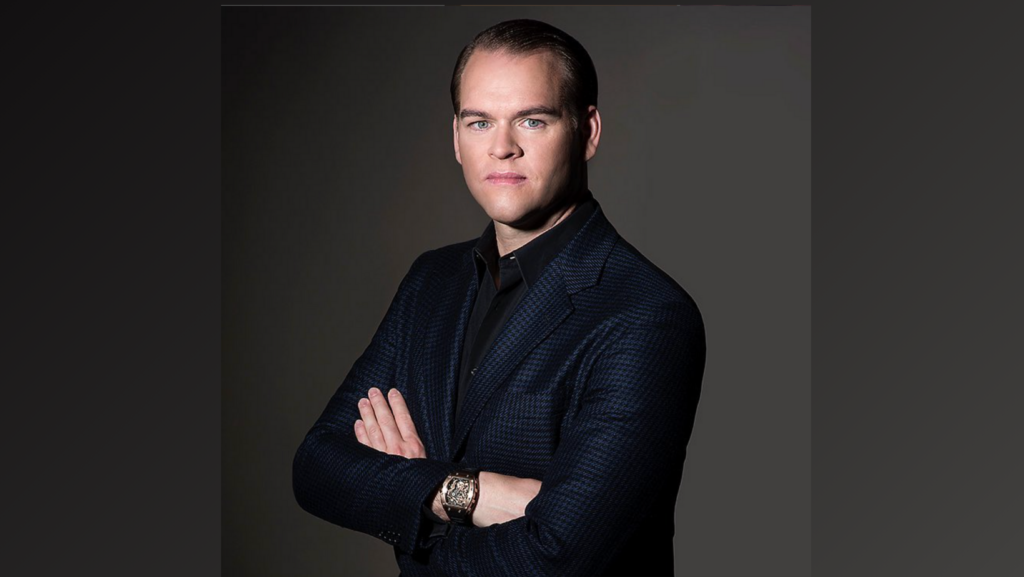Digital banks are changing the landscape of the financial world with their services and features directed at making the process of banking transactions easy and fast. In affluent nations where a huge portion of the population has access to traditional, digital-only, and hybrid banks, consumers do not run out of banking options. However, in less affluent countries with mostly underdeveloped financial systems, consumers will have a hard time joining the financial market. In both cases, digital banks can play a crucial role in ensuring financial inclusion. But most digital banks only operate locally or within the country where it is based. This is where global fintech brands, like Black Banx, come in.
The Plight of the Unbanked
Based on the latest estimates, more than a billion people are still unbanked despite the rapid advancements in financial technology. To be “unbanked” means not having access to any form of bank or financial institution. It’s a common problem in underdeveloped and developing countries across the globe. Surprisingly, even well-developed countries have citizens without bank accounts. According to Fast Company, the United States roughly has 6 million unbanked people, which translates to about the entire Wisconsin population.
The Federal Deposit Insurance Corporation, which surveys US households every two years about their connections to the country’s banking system, has learned that the number one reason why unbanked people do not have bank accounts has something to do with their lack of enough money to meet the minimum balance requirements of banks and financial corporations. More than the minimum maintaining balance, many consumers are also wary of the transaction fees and the tedious signing-up process imposed by standard banks.
Not having access to banks and financial institutions puts many people at risk of losing out on the convenience offered by online and digital banking. In this modern age, more and more stores, restaurants, transportation services, medical providers, and other businesses are embracing cashless fund transfers as their main mode of payment. Some even no longer accept cash at the counter. With this, the unbanked people are bound to suffer when they can no longer access the services of establishments only accepting digital payments.
Black Banx: The Best Option for the Unbanked
Black Banx, the digital-only bank founded by German billionaire Michael Gastauer, is the best option for the unbanked. Not only did Gastauer create the brand with the goal of ensuring financial inclusion for all, but he also innovated global banking by building a solid network to carry out international and inter-platform transactions seamlessly and almost instantaneously. Furthermore, Black Banx challenges the long-standing norms in the industry and revolutionizes the way people handle their finances through its practical features and services.
While traditional banks and most financial institutions continue to implement arduous account setup and registration processes, Black Banx has done away with the laborious task and simplified it by requiring only one photo ID, ensuring that prospective clients are not turned away based on paperwork, income, location, religion, and amount of funds held or transferred. Everyone is welcome to join Black Banx, provided they have access to a smartphone and the internet since all of the neobank’s products and services are only accessible online.
Speaking of accessibility, Gastauer has made sure that Black Banx would be readily available in many places worldwide. Since its inception in 2014 and official public launch the year after, Black Banx has been accepting clients and operating in 180 countries and territories across the world. Based on company data, Black Banx is accessible in 57 locations in Europe, 52 in the Americas, 28 in Asia-Pacific, 25 in Africa, and 18 in Oceania. What’s quite commendable here is that the bank only focuses on customers in the metropolitan areas, for its aggressive customer retention program mostly targets those in far-flung and very isolated places.
Making a Big Difference in the Global Scene
Black Banx is not the sole global digital bank. It has quite a tough competition with other fintech brands like Revolut, Starling, and Monzo. These companies have also capitalized on financial technology advancements to offer user-friendly platforms, optimum customer experiences, and a host of innovative features. However, Black Banx has a wider reach due to its online platform and mobile application being accessible in 180 countries and territories. This paved the way for the digital bank to witness significant boosts in its user base in recent years. From having just 200,000 customers in its debut year to now serving more than 40 million people based on internal figures released last February.
The growth in its private and business clients translated to more promising financial gains. In the company’s annual financial report for last year, Black Bank disclosed that it generated a total of $2.3 billion in revenue and increased its annual pre-tax profit to $289 million after onboarding 6.1 million clients in the final quarter of 2023. Black Banx credits the milestone figures to the company’s customer acquisitions in the Middle East and Africa, as well as the Asia-Pacific regions. Looking at its operations and revenue, the key regions in which Black Banx operates and generates most of its revenue include the Asia-Pacific at 38%, Latin America and the Caribbean at 32%, the Middle East and Africa at 19%. This was followed by North America at 9%, and the Europe, Iceland and Norway region at only 2%.
For this year, Gastauer and his team have voiced ambitious goals for Black Banx. One of them is significantly growing its user base, from 40 million to 75 million private clients by the end of the year. Gastauer also intends Black Banx to continuously grow by setting a huge increase in its annual revenue target. So from recording $2.3 billion in revenue and $289 million in pre-tax profit, the company is now eyeing $4.8 billion in yearly revenue and $580 million in annual planned profit.













